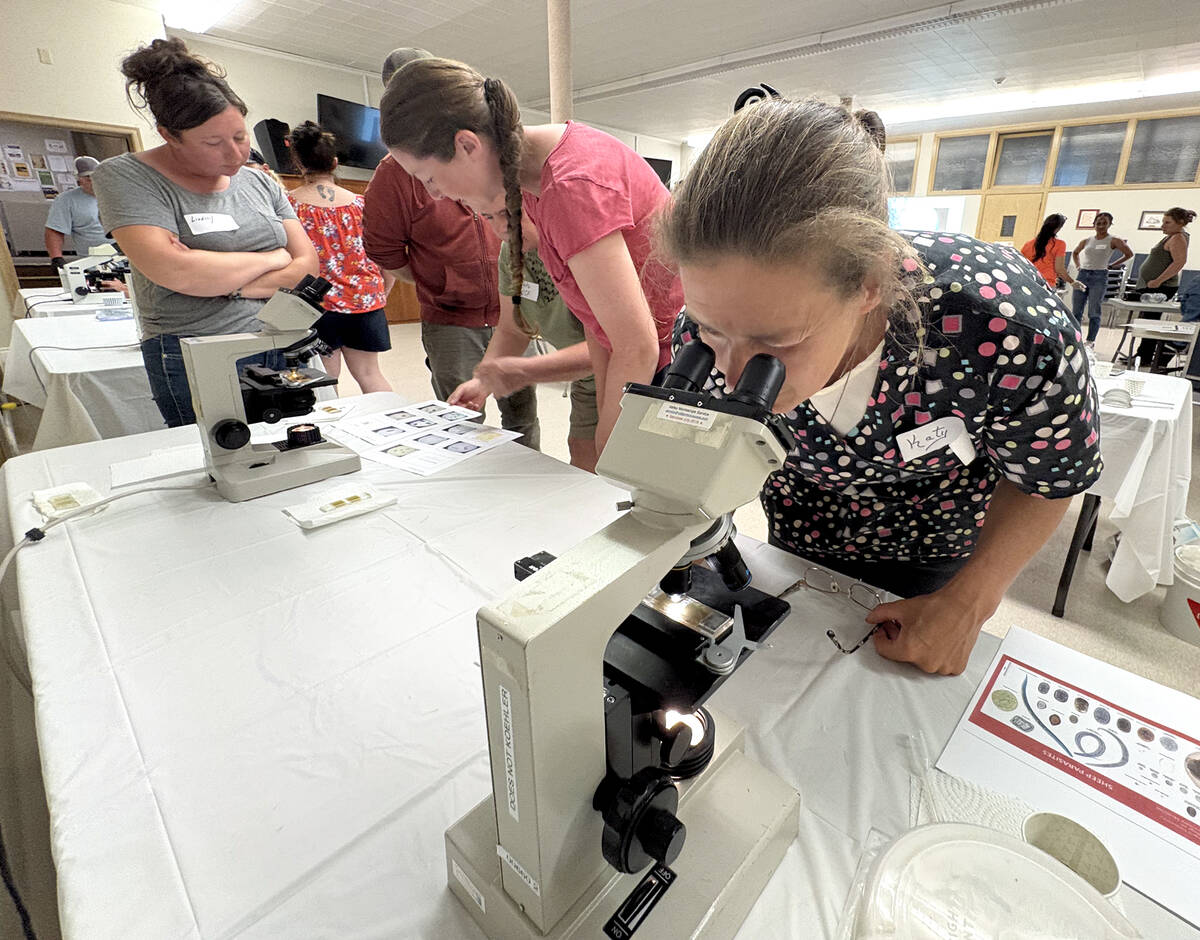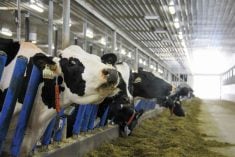“Even individuals who are lactose intolerant can consume milk and milk products.”
– DFC
Alot of people who think they’re lactose intolerant may not be, which could be good news for the dairy industry.
The true prevalence of lactose intolerance in the general population isn’t known because of insufficient data. But it’s probably lower than generally believed, according to a recent paper from the U. S. National Institutes of Health.
Even if people do exhibit symptoms associated with lactose intolerance, that doesn’t mean they actually have the condition, says the paper.
Read Also

Smart deworming for sheep starts with individual fecal egg counts
Fecal egg count tests are one step to managing dewormer resistance and managing sheep parasites on Canadian sheep farms to maintain flock health.
Lactose is a sugar found in milk and other dairy products. The inability to ingest and process it is called lactose intolerance.
In most people, an enzyme in the intestine called lactase breaks down this sugar, allowing them to absorb it into their bloodstream.
Some people’s systems do not produce enough lactase, resulting in digestive symptoms such as diarrhea, abdominal pain, bloating or flatulence.
But sometimes people may think they have trouble absorbing lactose when they don’t. Even if they do, they’re not necessarily intolerant to lactose, says the paper released as a position statement following an NIH conference earlier this year.
“The majority of people with lactose malabsorption do not have clinical lactose intolerance,” it concludes. “Many individuals who think they are lactose intolerant are not lactose malabsorbers.”
Clinical symptoms normally associated with lactose intolerance may be due to other gastrointestinal conditions, such as irritable bowel syndrome, celiac disease, inflammatory bowel disease or small bowel bacterial overgrowth, the paper says.
And even people with genuine lactose intolerance can usually tolerate small amounts of milk and dairy foods.
The NIH expressed concern that people who believe they are lactose intolerant and exclude dairy from their diet may run the risk of a nutritional deficiency. Dairy foods are an excellent source of calcium, protein, magnesium, potassium, riboflavin and other nutrients.
A literature search conducted by Dairy Farmers of Canada tends to support the NIH conclusions.
“Even individuals who are lactose intolerant can consume milk and milk products,” says a dairy nutrition section on the DFC website.
“Most individuals with primary lactase deficiency – even those who perceive themselves to be severely lactose intolerant – can easily tolerate one cup of milk with a meal or two cups consumed in divided doses, for example with breakfast and dinner.”
Pat McCarthy-Briggs, a registered dietitian with Dairy Farmers of Manitoba, says questions about lactose intolerance frequently arise when she gives nutritional workshops.
She tells people the only way to know if you’re lactose intolerant is to undergo a medical test for it.
And if they are, they can still eat hard (e. g., cheddar) cheese and yogurt, which do not contain lactose.
The only downside is that cheese and yogurt do not contain vitamin D, with which milk is commonly fortified.
The real solution is to drink lactose-free milk, which contains the lactase enzyme that prevents lactose intolerance, McCarthy-Briggs said. [email protected]


















